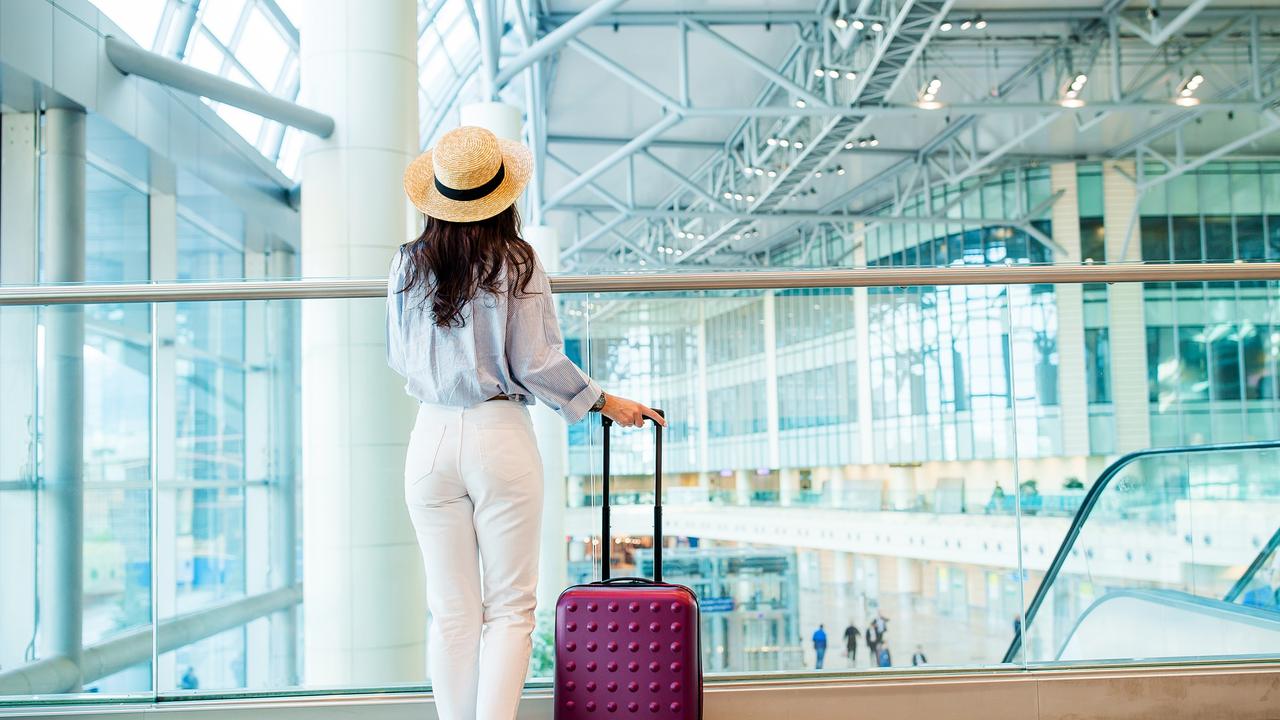Simple ways to get the best currency exchange rates before heading overseas
Jetsetters organising overseas currency have plenty of options but some can leave you worse off. Find out the best ways to sort you travel money.
Jettsetters looking to snag overseas currency may be wary this month after the Australian dollar dipped to its lowest level in a decade against the US dollar.
But The Currency Shop’s director, Justin Rampono, said this should not deter travellers from hunting for good rates because these falls did not impact all currencies.
“The biggest expense or savings on currency before you head overseas is the products you use; some are good and some are really expensive,” Mr Rampono said.
“They can add anywhere between two and 20 per cent to the cost of your holiday money.”
MORE: Why Australians will find it harder to get a credit card in 2019
MORE: Four financial things you must do in 2019 to get ahead

Mr Rampono said travellers should avoid exchanging cash at the airport because these had the worst rates. Instead visit CBD currency exchanges if possible before jetting off.
“There’s more competition in the CBDs,” Mr Rampono said.
“Cash is always handy; you may not use it for all your expenses but it’s good to have it on hand.”
COMPETITIVE CREDIT CARDS
Mr Rampono said people exchanging more than $1000 should ask at the currency exchange bureau for a better rate because they had room to move.
Travelex commercial director Mark Mulligan said “taking a mixed wallet” of foreign cash, a foreign exchange travel card and a debit/credit card was best.
“The main reason for this is to provide a contingency in the event that one of your travel options fail,” he said.
“A card may be needed for online purchases such as attraction tickets while cash may be the best option for making purchases at local markets, tipping or paying for local transport.”
He said typically cash made up 30 per cent of a traveller’s wallet and prepaid travel cards and credit/debit cards made up the rest.
But be warned when you are organising your money. Mr Mulligan said exchange rates “can bounce” from day to week to month to year.
CURRENCY TIPS
* Compare rates online.
* Organise your currency weeks before heading off.
* Sign up to foreign exchange rate trackers.
* Take different types of currency.
* Watch out for fees and charges when using cards.
* Be careful using your own debit/credit accounts. Large fees may apply.
CURRENCY FLUCTUATIONS IN 2018
US dollar: High 80 cents, Low 69.7 cents
NZ dollar: High A$1.11, Low $1.04
Euro: High 65.7 cents, Low 61.1 cents
Pound: High 58.3 cents, Low 53.4 cents
Yen: High 88.9 cents, Low 77.93 cents
*Source: The Currency Shop.



